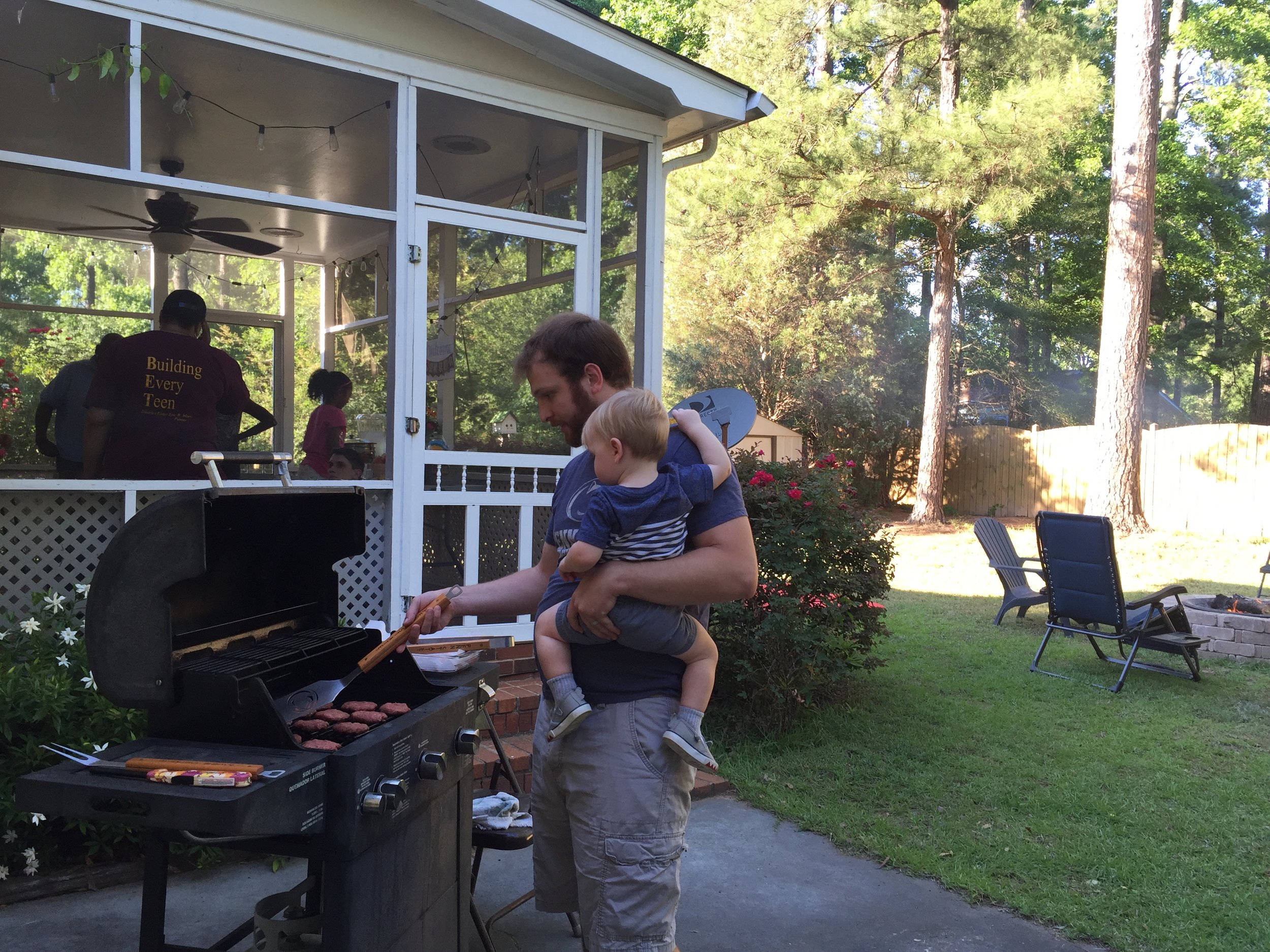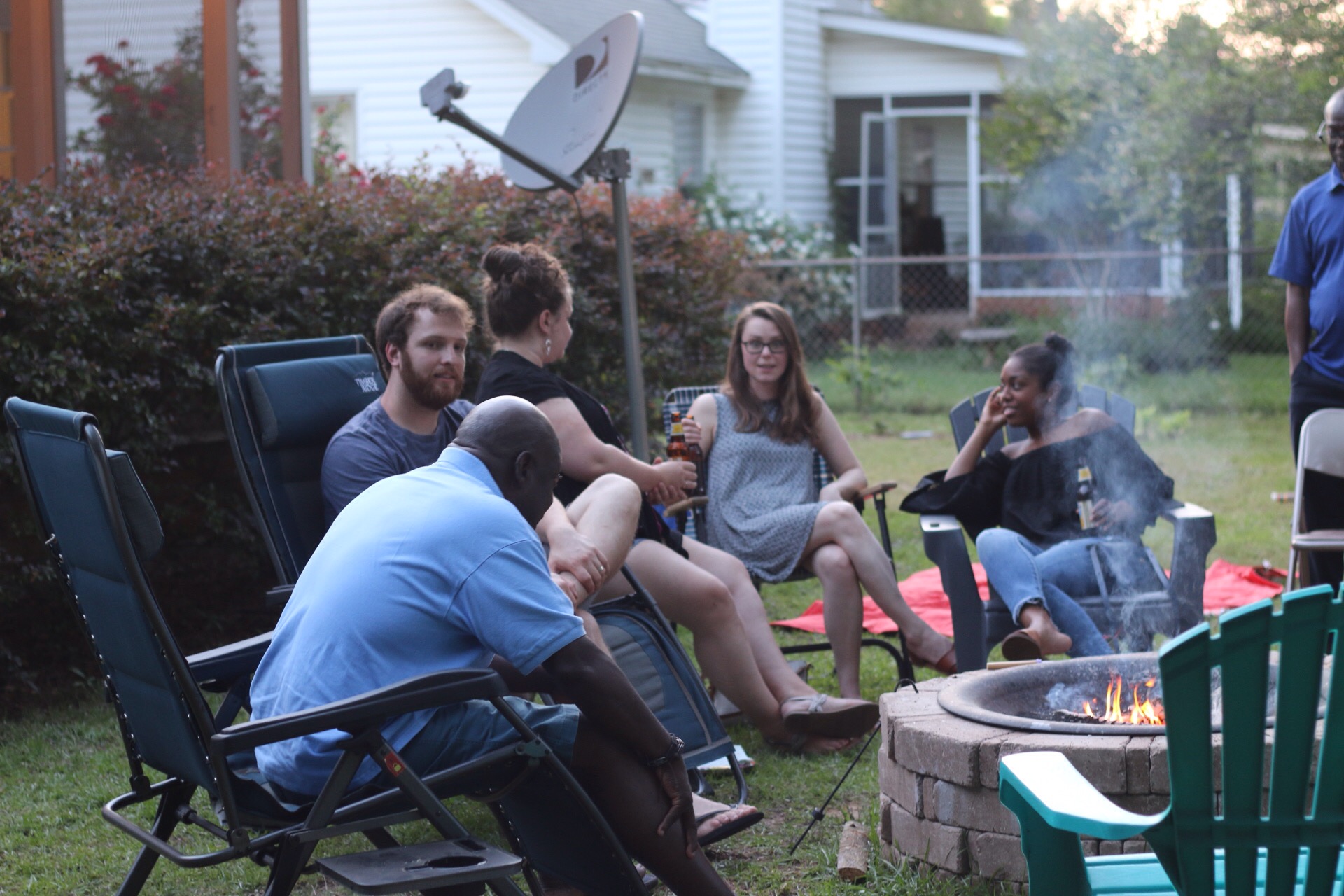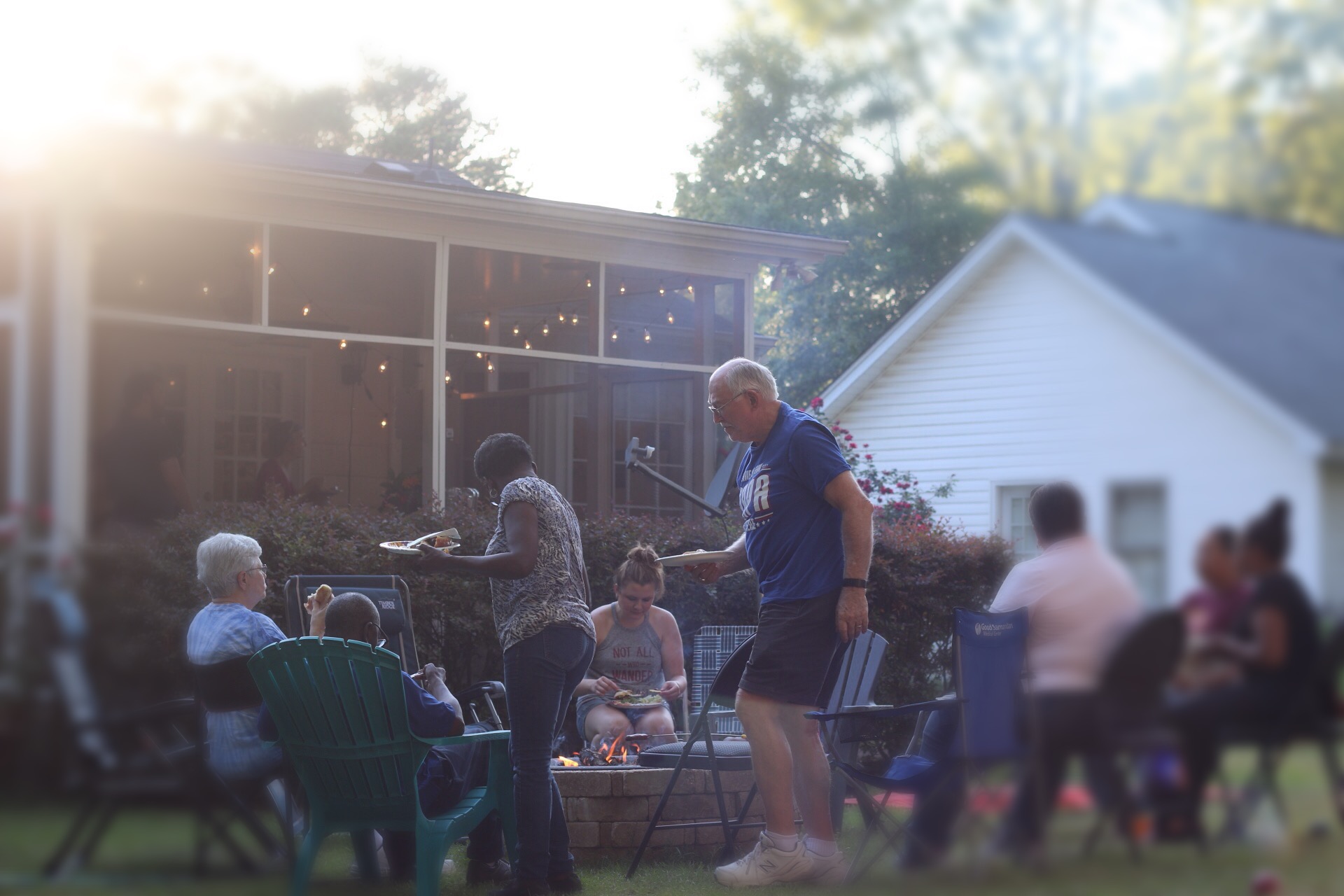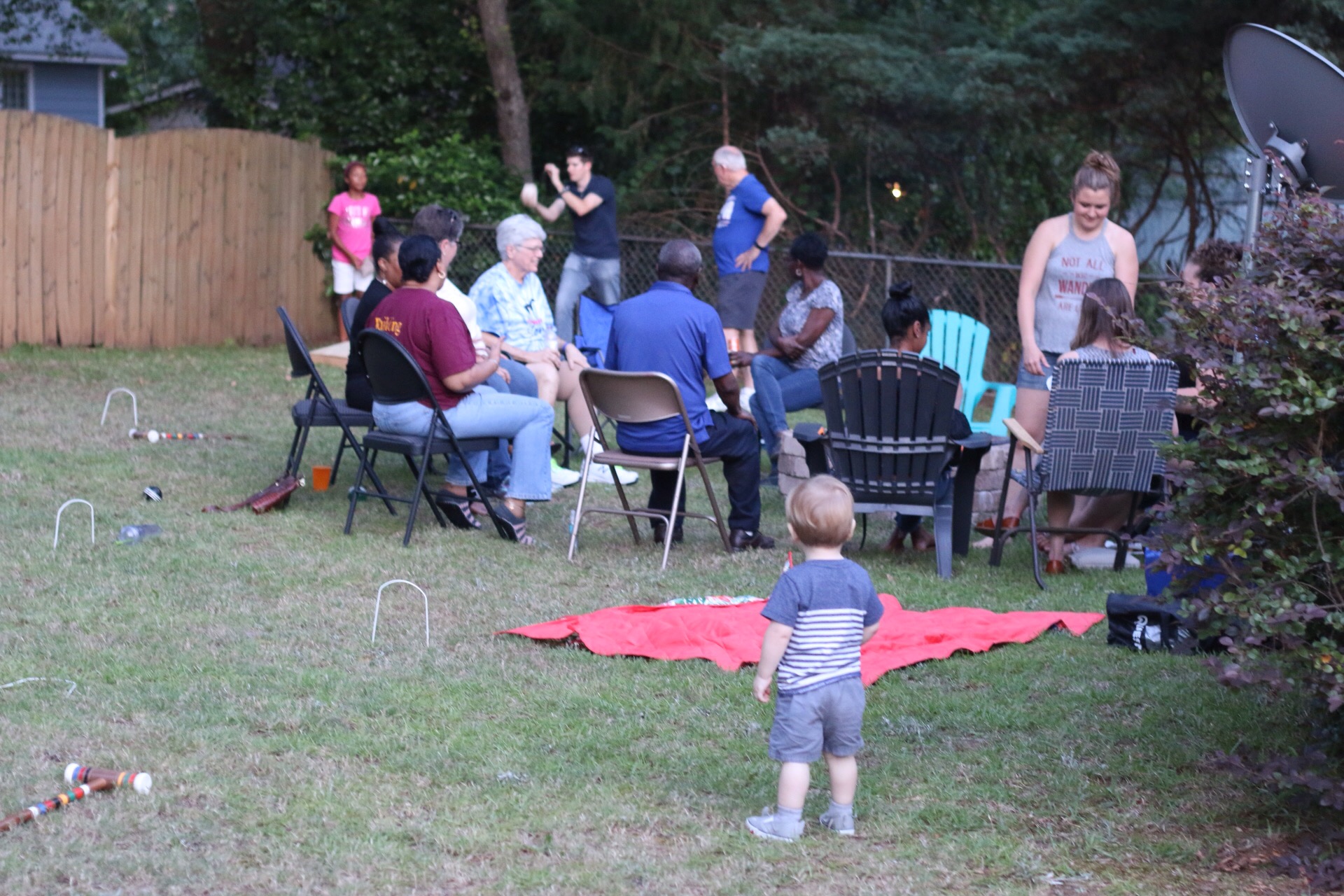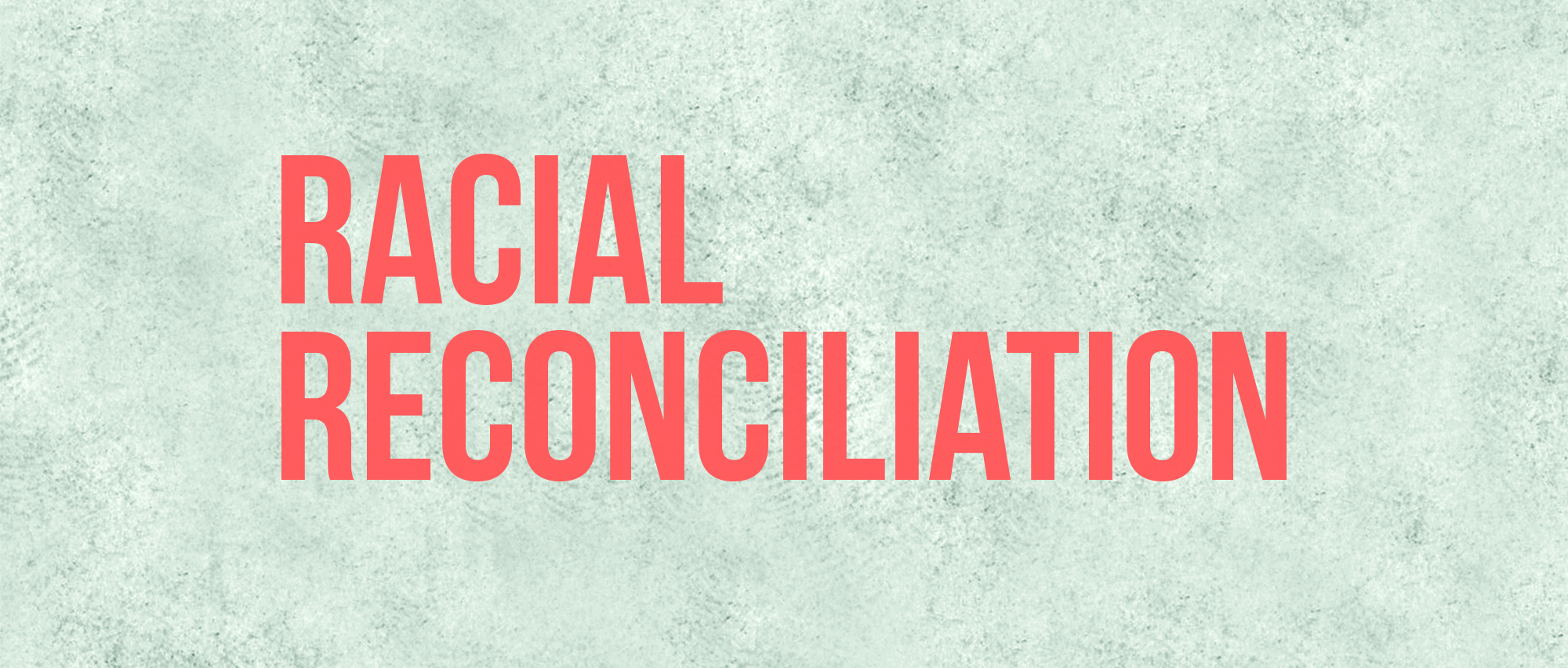Lucy Blair was a part of Midtown in college and has recently moved back with her husband Jake, a church planting candidate. Lucy and Jake are grateful to be a part of Midtown’s church family.
“The assumption is that there is someone just right for us to marry and that if we look closely enough, we will find that just right person. This overlooks a crucial fact, and that fact is this: that we always marry the wrong person. We never know whom it is we marry; we just think we do. And even if we do marry the right person, just give it a while and he or she will change. For marriage, being the enormous thing it is, means we will not be able to stay the same person after entering into it that we were before. [The great challenge then is] learning how to love and care for the stranger to whom you find yourself married.”
-Steve Hauerwas
I was a college freshman when I came to know the Lord, and within a year I began regularly attending Midtown gatherings, became a missionary member, and joined a Lifegroup. I largely credit Midtown’s teaching on relationships with the healthy perspective I had going into marriage. Because of the biblical view I’d gained over the years, I entered my marriage viewing it as a partnership with someone who would complement me, sharpen me, encourage me in my strengths and help me see my blind spots. I also knew that I was a sinner, and whoever I married was also going to be a sinner, so there would be a lot of brokenness between us, but we were choosing to love each other for the rest of our lives.
That’s not the cultural message of marriage. Culture says, when you find “the one”, you’ll just know. “The one” will complete you, infinitely improve your life, meet your needs before you even realize you have them, and satisfy all your desires. “The one” will keep you happy. And if they don’t… well, get out of that marriage because you deserve to be happy. You must not have married “the one”. Keep your options open so you can find the real “one” next time.
I, however, do not have to spend my time analyzing if I married “the one”. Because Jake is who I married, he is my one. And that changes everything. No need to keep my options open; no fantasizing about other prospects. It’s simple, but it’s not always easy. My husband definitely does not always make me happy (nor I him). If we were looking for red exit signs directing the way out whenever marriage rubbed us the wrong way, we could probably find them. One messed up broken person bound to another messed up broken person can be (spoiler alert) messy and broken. But if I believe what God says about Himself- that He sovereignly rules over all- then He wasn’t sleeping on the job when we exchanged our vows. God was paying attention, in power, on the throne on my wedding day.
Here are some of the practical ways that committing to view my spouse as my one plays out in marriage. Sometimes, loving my spouse means...
- Laying down my preferences. Jake loves comic book movies. I would rather watch paint dry than sit through two hours of explosions and CGI fight scenes. But, I try to go to to the theater with him for the ones he’s really excited about because I know it means a lot to him. Wayne’s World was one of his favorite flicks as a kid. I noticed that the Nickelodeon on Main St. was doing a one-night showing of Wayne’s World so I surprised him with tickets. He was so delighted. It was adorable. Now, if I were choosing my perfect itinerary of a date night, we might have gone to a swanky dinner at a new restaurant or lingered at the wine bar down the street. But choosing something I knew he’d love, even if it wasn’t my favorite, ended up bringing me lots of joy.
- Appreciating our differences. If you’re familiar with Myers-Briggs types, Jake is an ENTJ and I’m an ISFJ. This means that we have some significant differences in how we process information and relate to the world around us. One way that manifests itself is that Jake is completely energized by being around people and would choose to be surrounded by a large group at all times if he could get away with it. I, on the other hand, prefer smaller groups of 2 or 3 and find mass quantities of human interaction pretty draining. In our first year of marriage (first month even!) that was something we definitely had to grow in. Jake quickly discovered that my capacity and energy level for social events was drastically different than his. He learned that my need for alone time had nothing to do with my feelings towards him. He lays down his desire to constantly gather people in our home because he knows it can be exhausting for me. On the flipside, I have learned that, even though having people over can be tiring, it is so good for Jake. That even after a long, hard day that’s worn us out, I can sacrifice a quiet night because I know having friends over is energizing and life-giving for my husband.
- Believing the best. My natural tendency when my feelings are hurt is to recoil inward and isolate. I can get too much in my own head and make up the backstory about why my husband said that hurtful thing, what he must be thinking, and how little he cares. The fact is usually that he just misspoke and I have completely overreacted to a run-of-the-mill misunderstanding. When I take the time to stop and acknowledge that I am the worst of sinners, I can then believe the best about my spouse. I remind myself, preach to myself, will myself to believe in moments when it’s hard, that my husband is on my team. He is for me, not against me. So much devastation can be avoided if we would first believe this about our spouse before the defenses go up.
The beauty of trusting God’s sovereignty in marriage and choosing daily to view your spouse as your one is that you are freed up to truly and fully love your spouse. You don’t need to manipulate the other person into making you happy, try to change who he is, or serve out of fear that she’ll leave. You can just get after the beautiful, hard work of learning how to love and care for the person you married.
If you’d like to check out a few additional resources that were really helpful to me, I’d highly recommend the book, When Sinners Say I Do. This is a book that Midtown frequently uses in their premarital counseling. There was also a really helpful sermon series five years ago called “A Marriage You’d Actually Want”, and you can find all those podcasts here.



















